Mobile Asphalt Plant
Mobile Asphalt Plant Specification
- Material
- MS
- Computerized
- No
- Automatic Grade
- Semi-Automatic
- Cooling System
- Human Machine Interface
- Size
- Standard
- Warranty
- 1 year
Mobile Asphalt Plant Trade Information
- Minimum Order Quantity
- 1 Unit
- Payment Terms
- Cash Against Delivery (CAD), Cash Advance (CA), Cash in Advance (CID), Cheque, Letter of Credit (L/C), Telegraphic Transfer (T/T), Western Union
- Supply Ability
- 1 Unit Per Month
- Delivery Time
- 28 Days
- Sample Available
- No
- Sample Policy
- Free samples are available
- Main Export Market(s)
- Asia, Australia, Middle East, Africa
- Main Domestic Market
- All India
About Mobile Asphalt Plant
What is a Mobile Asphalt Plant?A Mobile Asphalt Plant is a flexible, compact, and transportable version of a traditional asphalt mixing plant. It is designed for easy relocation, making it ideal for remote or short-duration road construction projects. It combines all essential components of asphalt production into a mobile unit or trailer-mounted modules.Main Components of a Mobile Asphalt Plant Cold Aggregate Feeder Bins Stores and feeds aggregates of various sizes. Equipped with conveyor belts and adjustable gates. Drying Drum Dries and heats aggregates. Integrated with the mixing section in most mobile plants (drum mix type). Burner Provides heat to the drying drum. Uses fuels like diesel, natural gas, or coal. Mixing Unit Mixes hot aggregates with bitumen and filler. Located in the same drum (for drum mix plants) or separate (for mobile batch plants). Bitumen Storage Tank Stores and heats bitumen. Includes a pump to transfer bitumen to the mixing drum. Filler Storage and Feeding System Stores mineral fillers like stone dust. Feeds them into the drum for improved asphalt strength. Dust Collection System Prevents dust pollution. Usually includes a primary dust collector and secondary baghouse filter or wet scrubber. Control Panel / Cabin Centralized control of the plant. Fully or semi-automatic systems with digital displays. Fuel Tank Supplies fuel to the burner. Mounted on a skid or trailer for easy transport. Chassis / Trailer Frame All major components are mounted on wheels or skids. Designed for quick setup and transport. Types of Mobile Asphalt PlantsMobile Drum Mix Plant Continuous production. Mixing and drying in the same drum. Faster, compact, ideal for small/medium projects. Working Process Aggregates are fed into cold bins. Conveyed to the drying drum and heated. Bitumen and filler added to the hot aggregates. Final asphalt mix is discharged into tippers or stored in a silo. Mix is transported to the road site for laying. Capacity Range Mini Plants: 2030 TPH Medium Plants: 4060 TPH Large Mobile Plants: 80120+ TPHFAQs of Mobile Asphalt Plant:
Q: Is the Mobile Asphalt Plant computerized?
A: No, the Mobile Asphalt Plant is not computerized.Q: What is the warranty period for the Mobile Asphalt Plant?
A: The warranty period for the Mobile Asphalt Plant is 1 year.Q: What type of cooling system does the Mobile Asphalt Plant have?
A: The Mobile Asphalt Plant uses a Human Machine Interface as its cooling system.Q: Is the Mobile Asphalt Plant fully automatic?
A: No, the Mobile Asphalt Plant is semi-automatic.Q: What material is the Mobile Asphalt Plant made of?
A: The Mobile Asphalt Plant is made of MS (Mild Steel).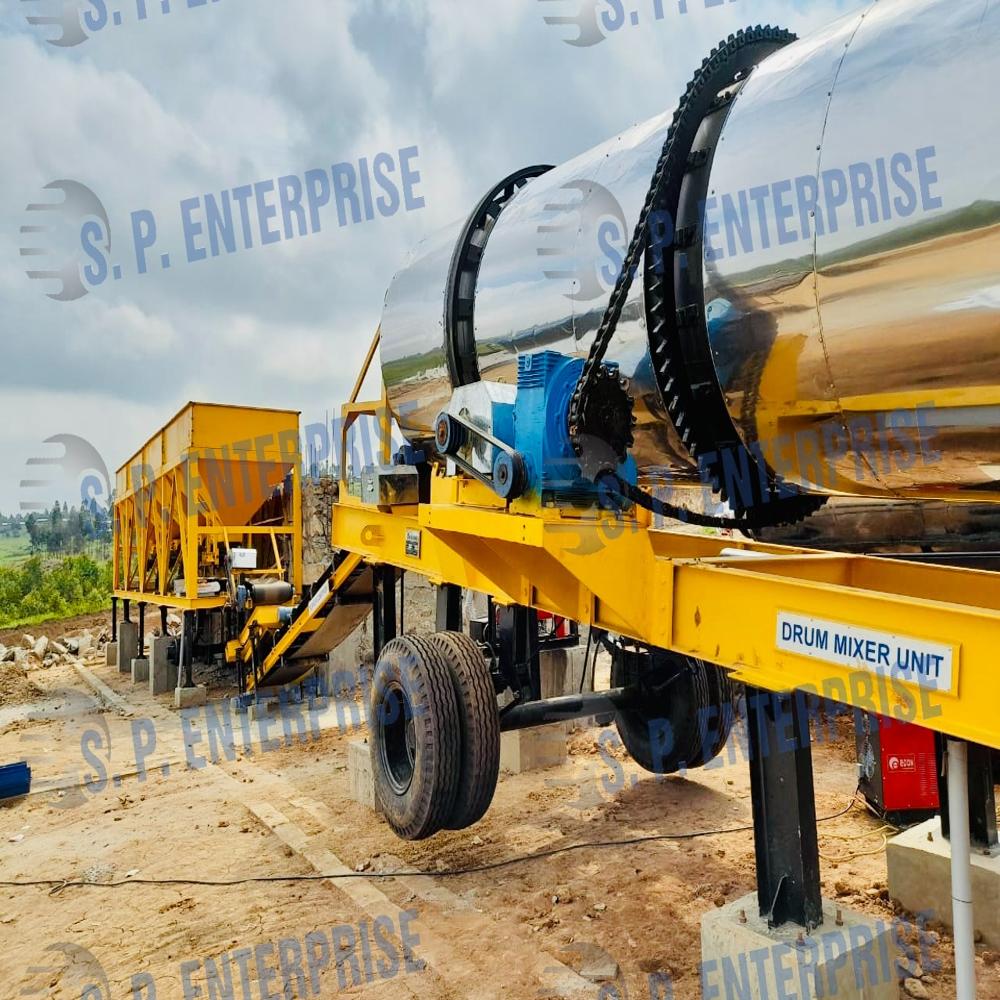
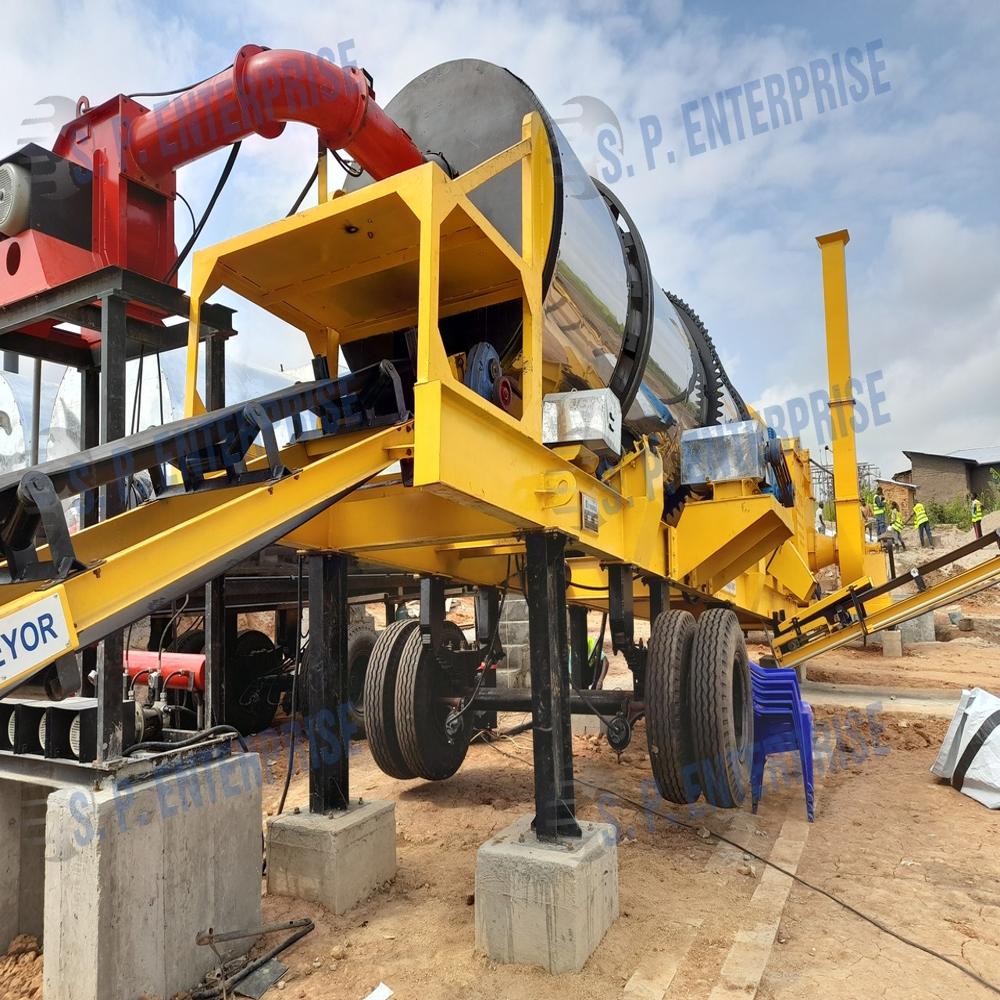
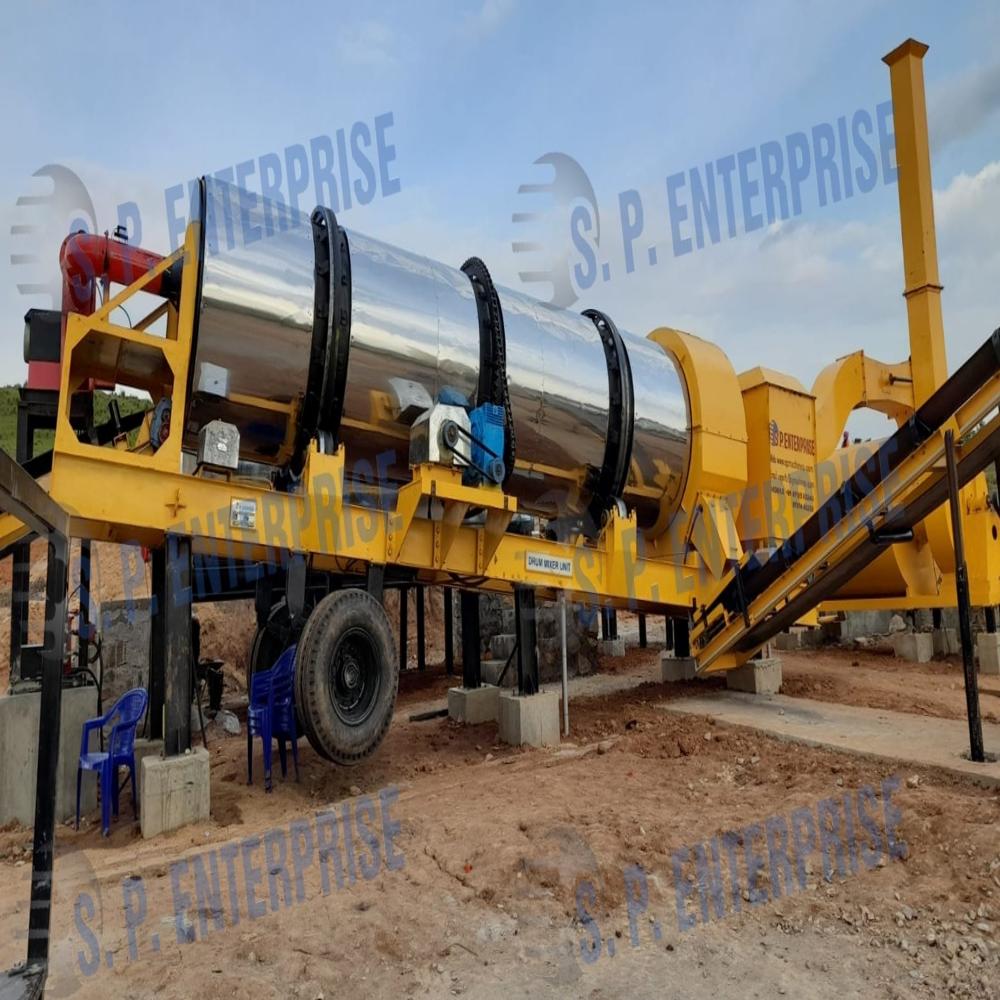
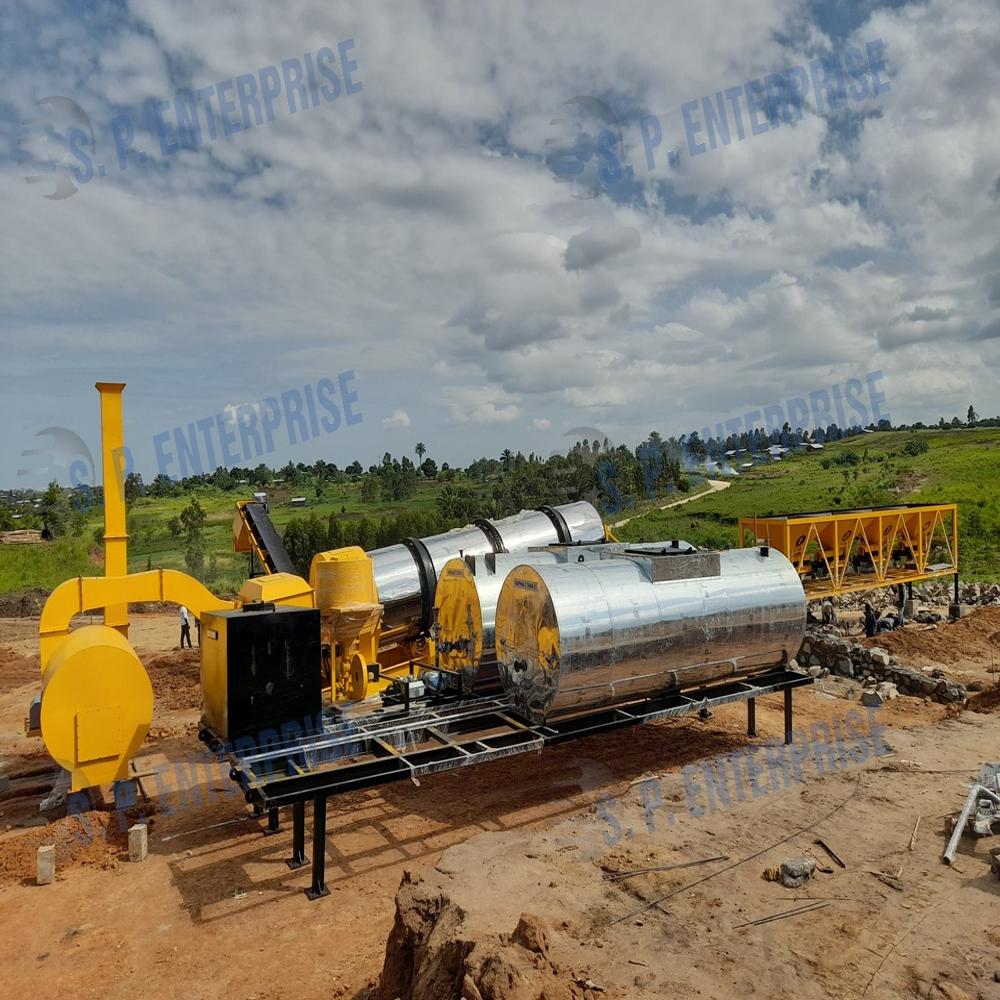
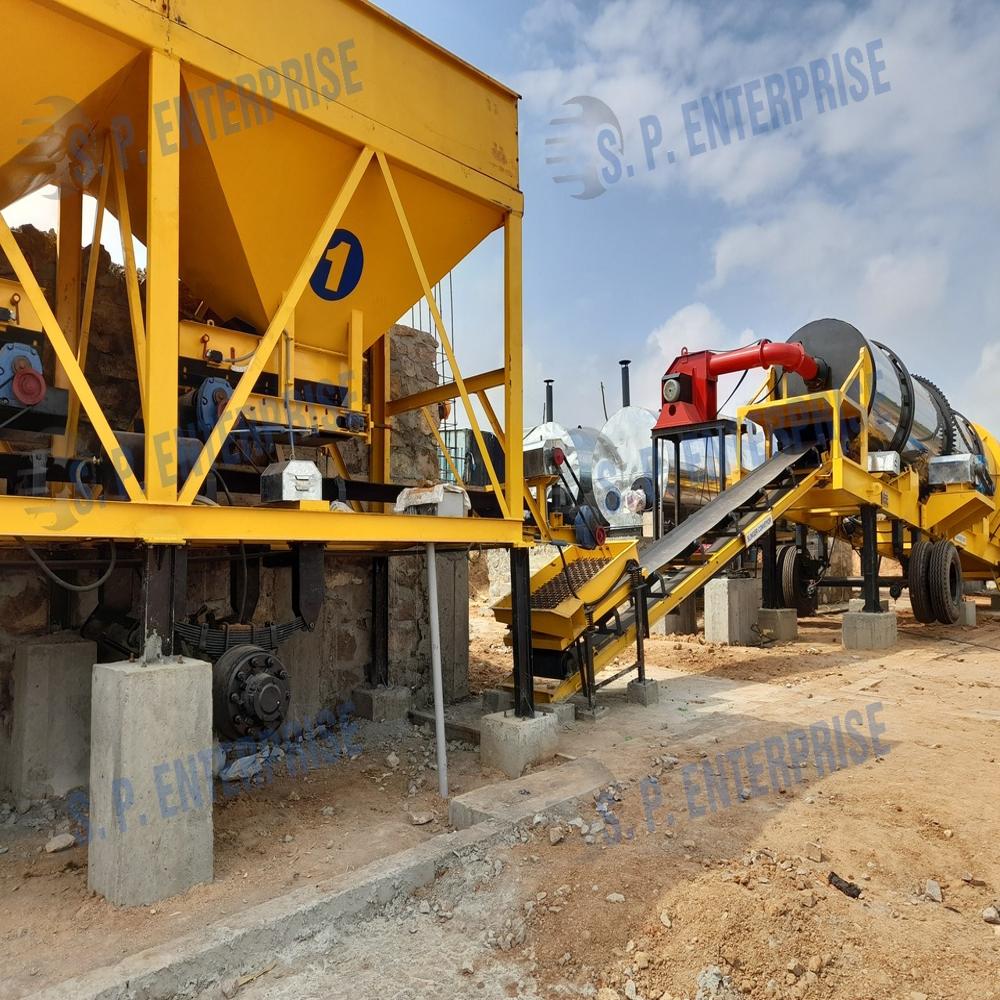
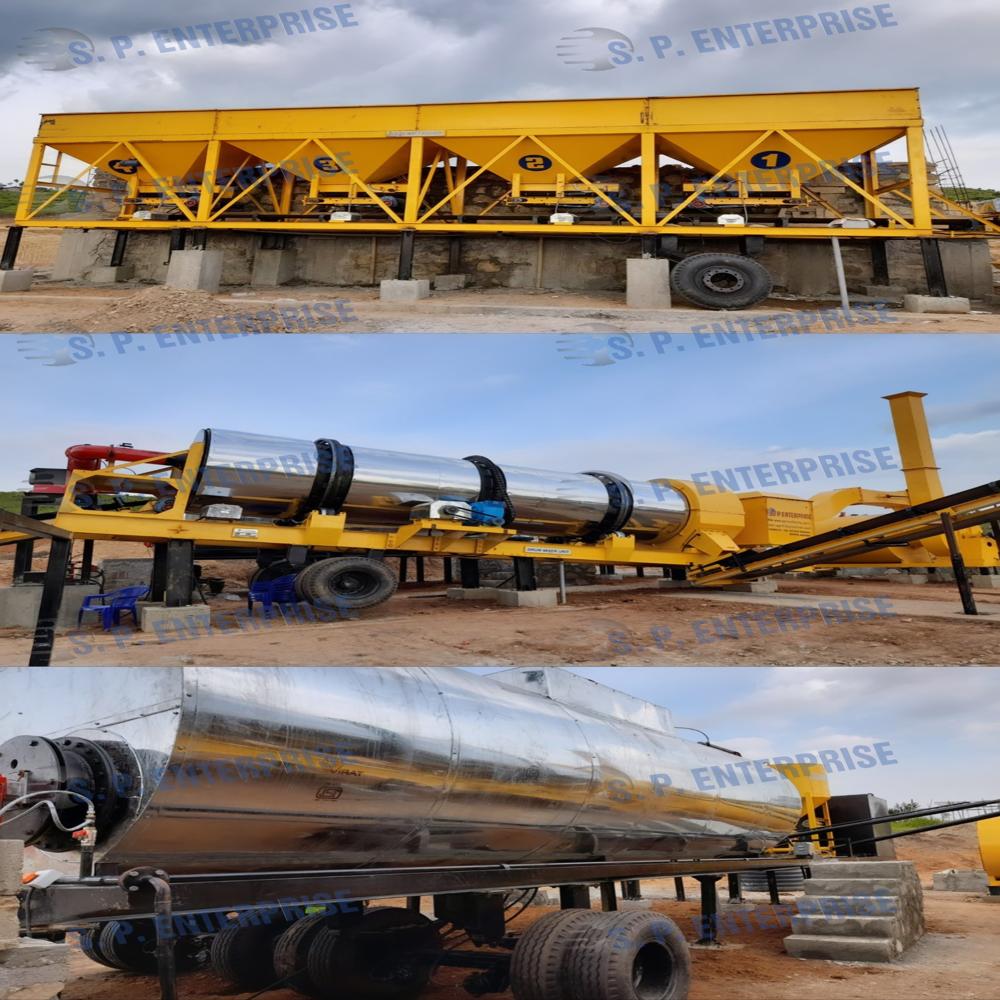
Tell us about your requirement

Price:
Quantity
Select Unit
- 50
- 100
- 200
- 250
- 500
- 1000+
Additional detail
Mobile number
Email
More Products in Mobile Asphalt Plant Category
Mobile Hot Mix Plant
Price 3400000 INR / Unit
Minimum Order Quantity : 1 Unit
Type : Asphalt Mixers
Automatic Grade : Automatic
Material : Mild Steel
Size : Different Size



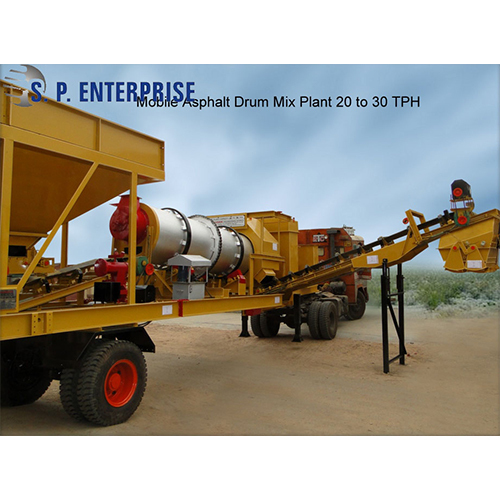


 Send Inquiry
Send Inquiry Send SMS
Send SMS Call Me Free
Call Me Free English
English Spanish
Spanish French
French German
German Italian
Italian Chinese (Simplified)
Chinese (Simplified) Japanese
Japanese Korean
Korean Arabic
Arabic Portuguese
Portuguese